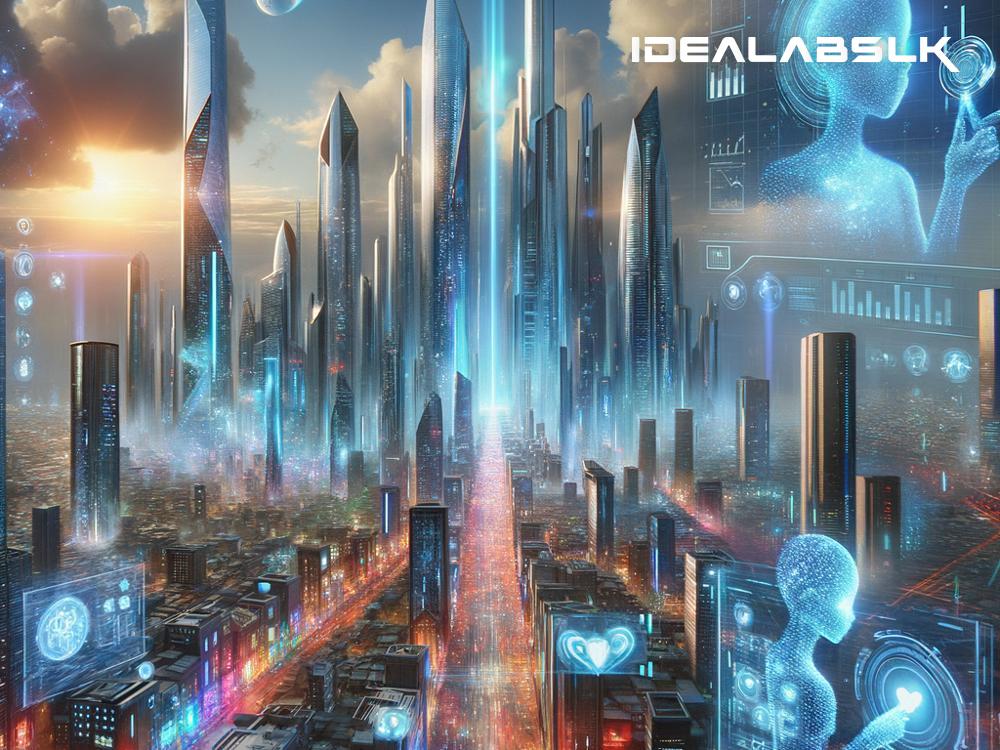AI in Open-World Design: Welcome to a Smarter Gaming Reality
Imagine it’s 2025, and you're stepping into a virtual world so alive and dynamic that it feels almost real. This future isn't that far off, thanks to the incredible leaps in artificial intelligence (AI) within open-world game design. Gaming worlds are on the brink of becoming smarter, more reactive, and unbelievably immersive. Let’s dive into how machine learning is shaking up open-world design and what this could mean for gamers around the globe.
Understanding the AI Magic
First things first, what's the deal with AI and machine learning? Simply put, AI is the brain behind making machines think and learn like humans, while machine learning is a subset of AI that allows computers to learn from past behaviors without being explicitly programmed. Imagine teaching a robot to recognize cats by showing it thousands of cat pictures—eventually, it'll start spotting cats like a pro. That’s machine learning at work!
Now, apply that concept to gaming worlds. Traditionally, video game characters and environments operated on a limited set of pre-programmed rules, causing predictable and sometimes repetitive gameplay. However, with AI’s magic touch, these virtual realms are about to get a major upgrade.
Smarter Worlds on the Horizon
As we glide into 2025, open-world games are becoming outstandingly rich and complex, thanks to AI. Machine learning algorithms are being used to create environments that not only react to the player's actions but also evolve independently. This means every mountain, river, and NPC (non-player character) in the game can change based on countless factors, including the player's choices, in-game events, and even the game's own "natural" developments.
NPCs with Minds of Their Own
Imagine walking into a game’s town where every NPC has its own life, goals, and reactions to the world around them. One day, a character might be fishing by the lake, and the next, they could be on a quest to find a lost relative, depending on how you or other elements within the game have influenced their world. This level of NPC autonomy will make for truly dynamic storytelling, with every playthrough offering a new, unique experience.
Evolving Game Environments
Beyond character interactions, the very landscapes of these open worlds will evolve. Seasons might change, influencing the availability of resources or the type of creatures you encounter. A forest fire could reshape a region, creating a whole new area for exploration. The possibilities are endless, with AI-driven changes making the game world feel alive and ever-changing.
Personalized Gaming on the Rise
Another fascinating development is how AI will tailor gaming experiences to individual players. Imagine a game that learns from your play style and adjusts its difficulty accordingly, or storylines that branch off based on your interests and past decisions. This level of personalization means no two gaming experiences will be the same, offering replay value like never before.
Overcoming Challenges
Of course, this AI-driven future doesn’t come without its hurdles. The complexity of creating truly dynamic AI systems can be resource-intensive, both in terms of computation power and development effort. There's also the challenge of ensuring these smarter game worlds remain fun and engaging, avoiding overwhelming players with too many changes or an overly difficult environment.
Looking to the Future
As we stand on the brink of 2025, the potential of AI in open-world design is truly exhilarating. Developers are only just scratching the surface of what’s possible, and the next few years promise to bring advancements that could redefine our understanding of video games as a medium.
These smarter, more reactive worlds will offer experiences that are deeply personal, immensely varied, and endlessly engaging. And while there are undoubtedly challenges ahead, the combined efforts of talented developers and breakthroughs in machine learning technology signal a bright future for gamers everywhere. Welcome to the new era of gaming, where the worlds we explore feel more alive than ever before.

